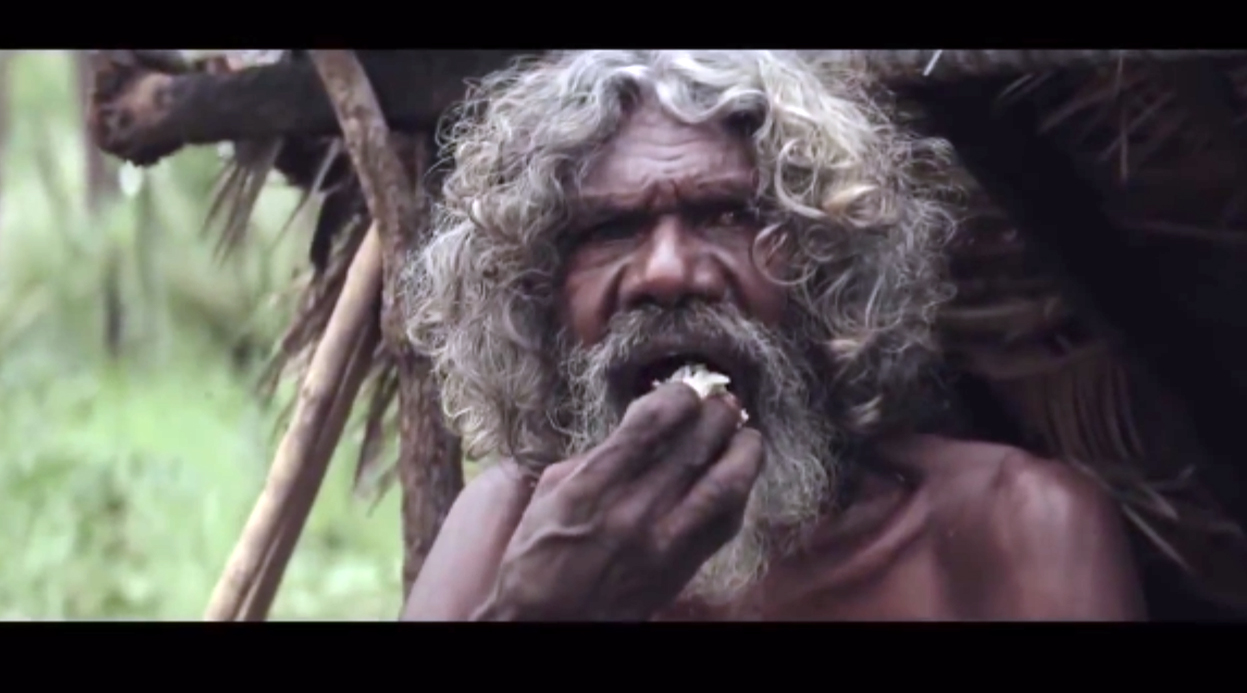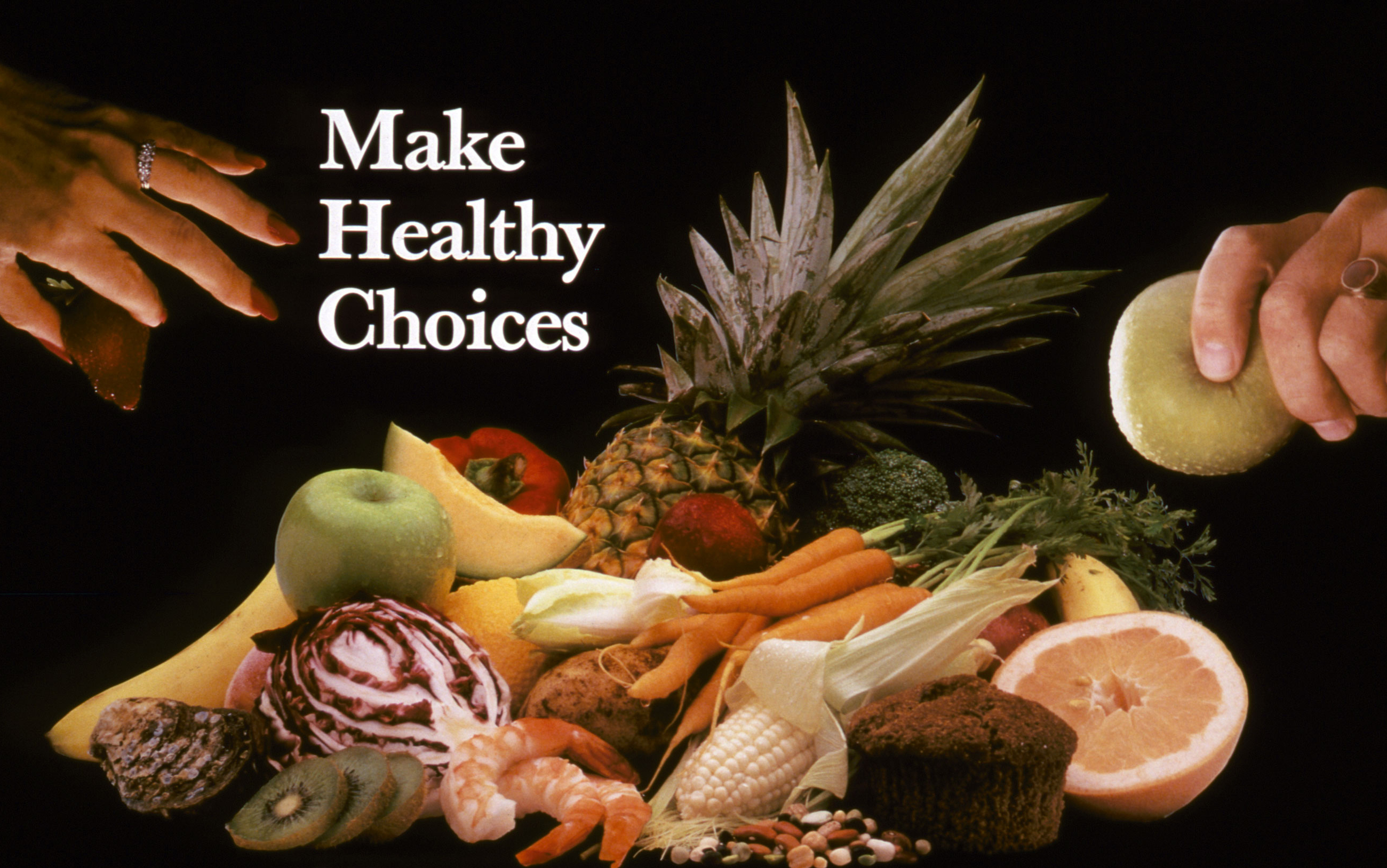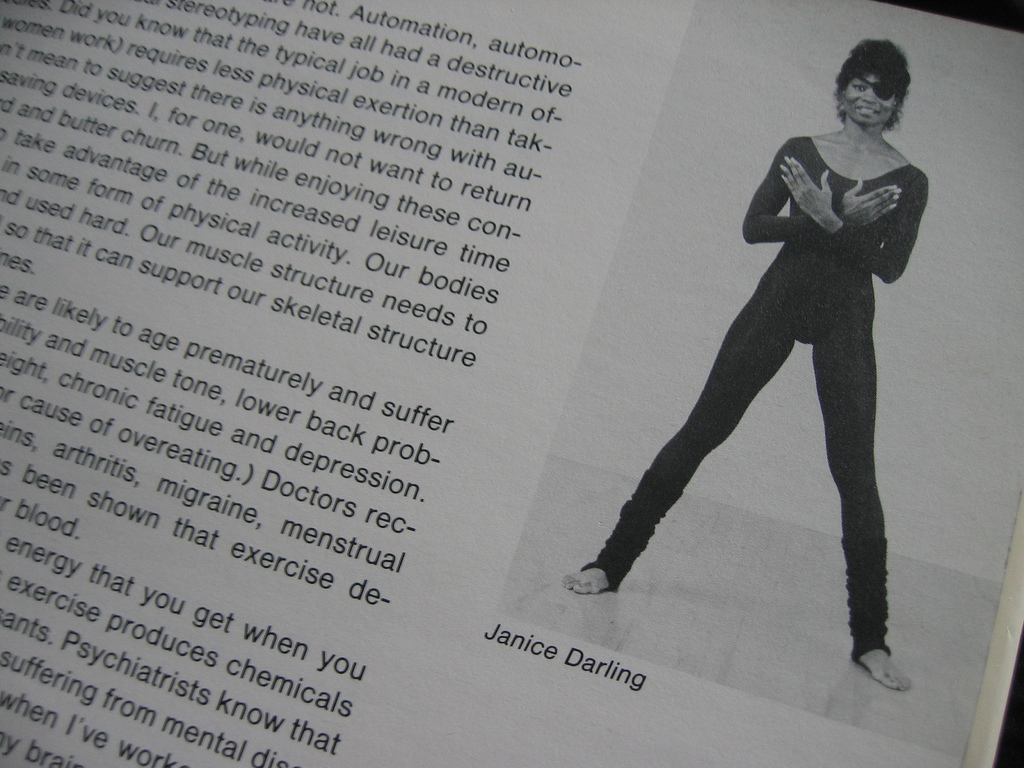Stairs or the Escalator? Ask Your Stepcount!

The decision, whether taking stairs or the escalator is the better choice, has been charged with a new socio-political dimension lately. Both speed and convenience do hardly matter, yet it has turned into a question of fitness and health. As the Fitbit advertisement points out, “fitness is the sum of your life.” It can be found between beginnings and endings or between high and low ends of the exercise spectrum. Gone are the times when physical activity was confined to particular spaces reserved for heavy exercise—like gyms. Today we live in an almost endless sea of fitness opportunities, called your daily life. Of major importance in this change is the popular trend of logging one’s activities with digital tracking devices,…



